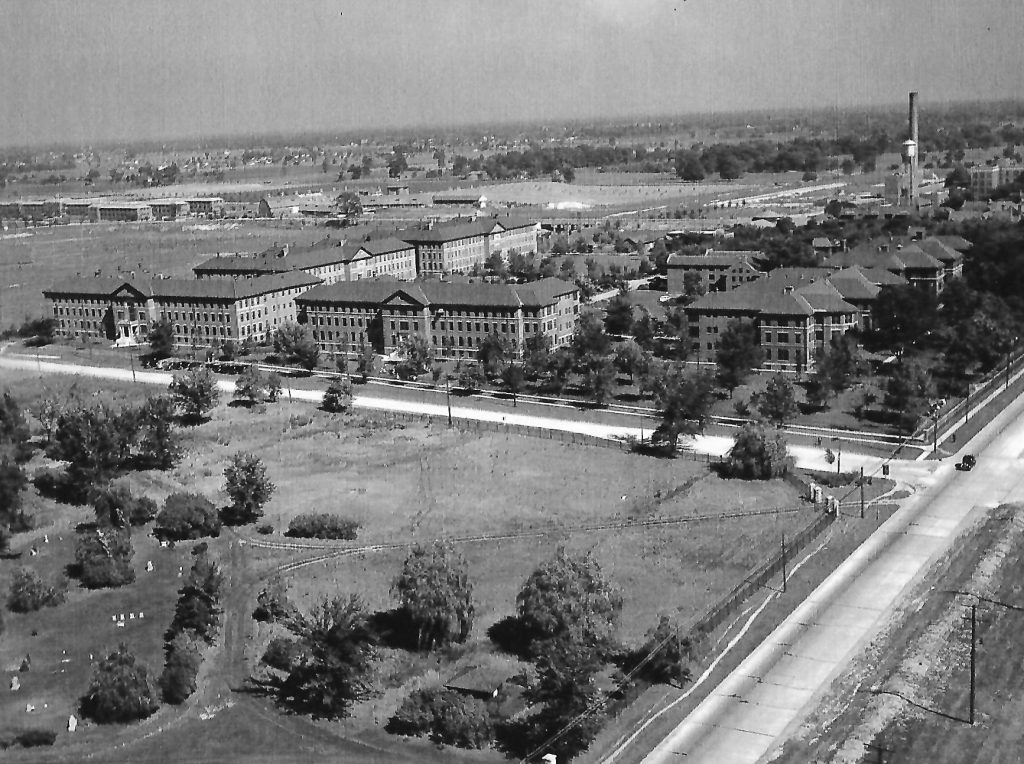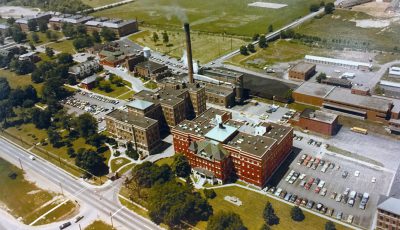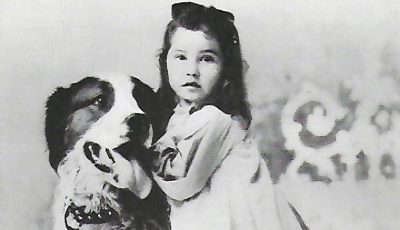The history of Eloise continued (part 6)

The corner of Michigan and Merriman, showing Buildings I,J,K,L,and M.
 This is part 6 of a multi-part history of the Wayne County Poorhouse and Asylum, commonly known as Eloise. As we go into the 1920s Eloise experiences a population explosion, just like Detroit at the time. The auto industry was booming, people were moving to Wayne County for work from all over the US, and the population was growing 20% per year. The population of Wayne doubled, Dearborn quadrupled. With this also brought more poor folks, and more folks with mental illness.
This is part 6 of a multi-part history of the Wayne County Poorhouse and Asylum, commonly known as Eloise. As we go into the 1920s Eloise experiences a population explosion, just like Detroit at the time. The auto industry was booming, people were moving to Wayne County for work from all over the US, and the population was growing 20% per year. The population of Wayne doubled, Dearborn quadrupled. With this also brought more poor folks, and more folks with mental illness.
To cope with this huge influx of new patients 5 new buildings were built on the corner of Michigan Avenue and Merriman, buildings I, J, K, L, and M. These were all mental patient wards, and were there until the facility closed, there is a Kroger there now. In the 20s we also had advancing treatments for mental illnesses, some of the first pharmaceuticals came online, and new therapies such as Insulin shock, Electric shock, hypnosis, and many others. Although considered outdated today, these techniques were the cutting edge of medical theory at the time.
In 1924 a new power plant was built, which still survives today in an abandoned state. Interestingly they had to build this building over top of the old power and steam plant without shutting down the old ones, quite a feat. The roaring 20s were going great until 1929, when the US stock market crashed. Tens of thousands lost their jobs, savings, and houses. Being the county poorhouse, thousands showed up at the doorstep of Eloise.
In an emergency move to house all these new people in the poorhouse, N Building was built. This building was a massive 382,000 square feet over 10 acres and could house 2,000 people. Remarkably the building used the entire US supply of marble and was built in just a few months. The building was novel for having a 200-gallon coffee urn and piping in the ceiling to distribute coffee across the building. In the poorhouse the sexes were segregated, and you would be in a long dorm room with 50-100 men or women. The facility had doctors and dentists you could see, they would give you clothes and shoes, and you got three meals a day.
As stated earlier in this series, if you were in the poorhouse and physically able, you worked 4-6 hours a day doing farm work, cleaning, maintenance or whatever needed done. In 1933 at the height of the depression there were 7,441 people in the poorhouse, around 2,600 in the mental wards, and a few hundred staff. So there were over 10,000 people living and working there, it truly was its own city.






